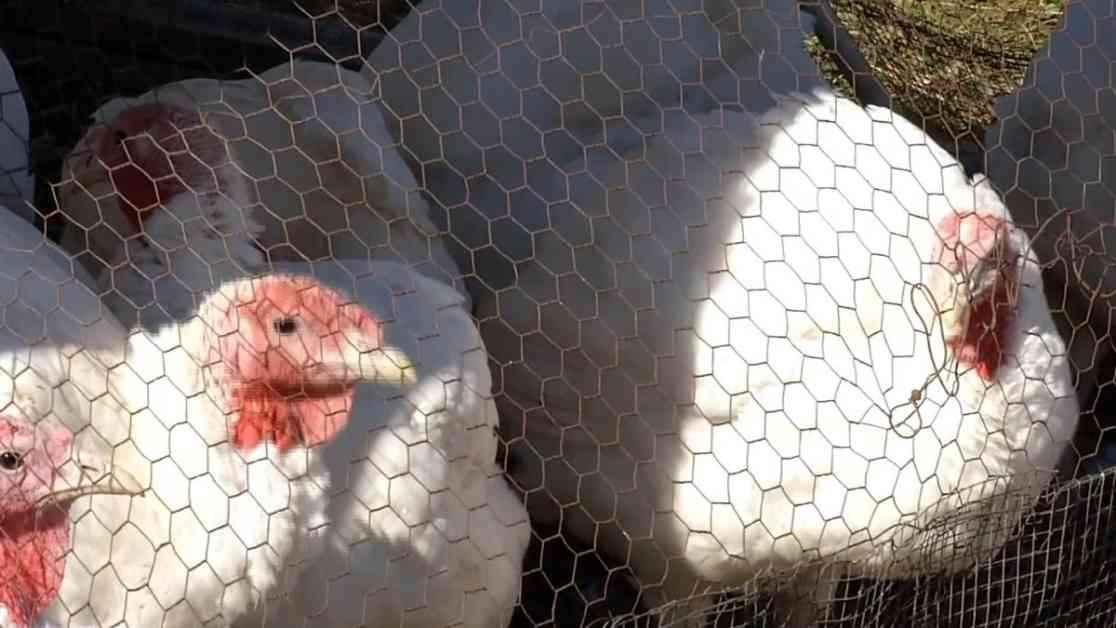NYC Live Poultry Markets Closed Due to Avian Flu
All live poultry markets in New York City and some of its suburbs were ordered to close for a week due to the detection of seven cases of avian flu. This outbreak has resulted in the slaughter of millions of birds, causing a surge in egg prices. The closure was announced by Governor Kathy Hochul as a precautionary measure to prevent the spread of the virus. While there is no immediate threat to public health, the temporary shutdown of bird markets in New York City, Westchester County, and Long Island aims to ensure safety.
The Detection of Avian Flu
The decision to close the live bird markets followed the discovery of birds infected with the avian flu virus during routine inspections in the Bronx, Brooklyn, and Queens. Despite no confirmed cases of avian flu among humans in New York, the state is taking proactive steps to contain the spread of the virus. The U.S. Centers for Disease Control and Prevention has reassured the public that the risk of transmission to humans is low. To date, there have been 67 confirmed cases of bird flu in the U.S., primarily affecting farmworkers exposed to infected poultry.
Impact on the Nation
Reports indicate that more than 156 million birds across the country have been affected by the avian flu outbreak. Large farming operations have been hit particularly hard, with many forced to cull their entire flocks to prevent further spread of the virus. The H5N1 strain of avian flu has posed a significant threat to both wild birds and domesticated animals, highlighting the need for stringent biosecurity measures.
Preventive Measures and Market Regulations
In response to the outbreak, live bird markets in New York where the virus was detected are required to dispose of all poultry in a sanitary manner. Additionally, these markets must clean and disinfect their premises, remain closed for a minimum of five days, and undergo inspection by state authorities before resuming operations. Markets without confirmed cases are mandated to sell off existing poultry, implement thorough cleaning and disinfection protocols, and await official clearance before reopening.
Conclusion
As the avian flu continues to impact poultry populations nationwide, authorities are emphasizing the importance of strict biosecurity measures to prevent further spread of the virus. While the risk to human health remains low, the temporary closure of live bird markets in New York City and its surrounding areas underscores the need for vigilance and swift action in containing outbreaks. By implementing stringent regulations and conducting thorough inspections, officials aim to safeguard public health and mitigate the impact of avian flu on both animal welfare and food production.


